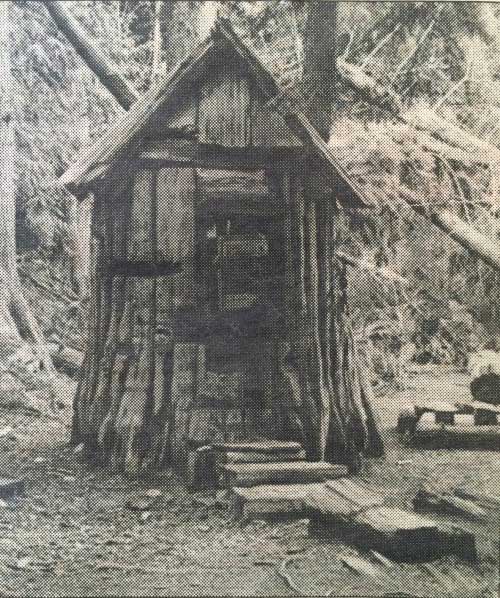Minimalism, on the surface, is mainly dealing with the stuff that we own, but that’s not the whole picture.
First of all, yes, some minimalists choose to reduce their belongings to an extreme degree. Some even count the number of items they own and might even be in competition with each other. However, there is no rule anywhere that says a minimalist must have fewer than “x” number of items to qualify for some club.
The central idea of minimalism is focused on not having too many items. The non-number “too many” is entirely subjective, so it’s all about how each one of us feels about our stuff. If you feel crowded and overwhelmed in your own home or office, then minimalism is a strategy to employ to help you to get control over your environment and to feel calmer and more focused. NOW we’re getting to the actual usefulness of minimalism.
It’s not really about the items themselves, but about how their presence (or absence) impacts our emotions and our ability to accomplish what we want to in this lifetime. Minimalism is about getting clear about our priorities and removing not only physical objects that interfere with our ability to find stuff, and that reduce our space, and waste our time to care for them; minimalism is also about clearing the things we deem non-essential from our schedule so that frivolous obligations stop eating up our lives.
Minimalism is a way to stop running on an endless treadmill to keep up with life. Sometimes we need to hit the reset button and start fresh. It’s a way to simplify and clarify. It’s a way to free up some space in our homes and in our minds. It’s a way to make our lives easier.
However, sometimes we have gotten into the bad habit of keeping things that actually hurt us. For example, keeping items because they were expensive… even if those new shoes don’t fit right, or even if we thought we’d enjoy a certain hobby, but we didn’t like it at all. Perhaps we were given gifts that we didn’t like, or weren’t right for us, but kept them to please someone else in case someday they noticed it missing. That’s a perfect time to ask, ‘whose life are we living?’ Potentially offending someone else is less likely (and less important) than disturbing ourselves daily by being surrounded by things that don’t make us happy. The person who bought the gift only wanted us to be happy; so if it makes us happy to let it go, we should do so. Harmful stuff also includes most everything that we keep for “someday, or maybe if”. Don’t live in fear of “what if”. Live generously and you will see the abundance is flowing all around us. If every time we see an object that makes us feel guilty or sad, the best plan is to let it go… sooner than later.
So, to get back to the initial question, the answer is no. Minimalism is not anti-stuff. Anyone can be a minimalist and have tons of gear for all of our interests, hobbies, collections or whatever we truly enjoy. If we use the object and/or it makes us happy, definitely keep it. I have an entire closet dedicated to camping and biking gear because those things are important to me.
I can see how during a period of rebalancing we might overcompensate. Rather than having too much, we may get carried away and become anti-stuff. It’s fine to stop collecting things for a while, but the reality is that we live in a physical realm here and need some things to live our lives. If we get too caught up in needing to having nothing, how is that any better than being completely overwhelmed by having too much stuff?
If you need some inspiration, we could throw a tossing party, and if you need a laugh we could dramatically break up with our stuff.
Have you met any minimalists who were anti-stuff? Are you anti-stuff yourself? Comment below.
